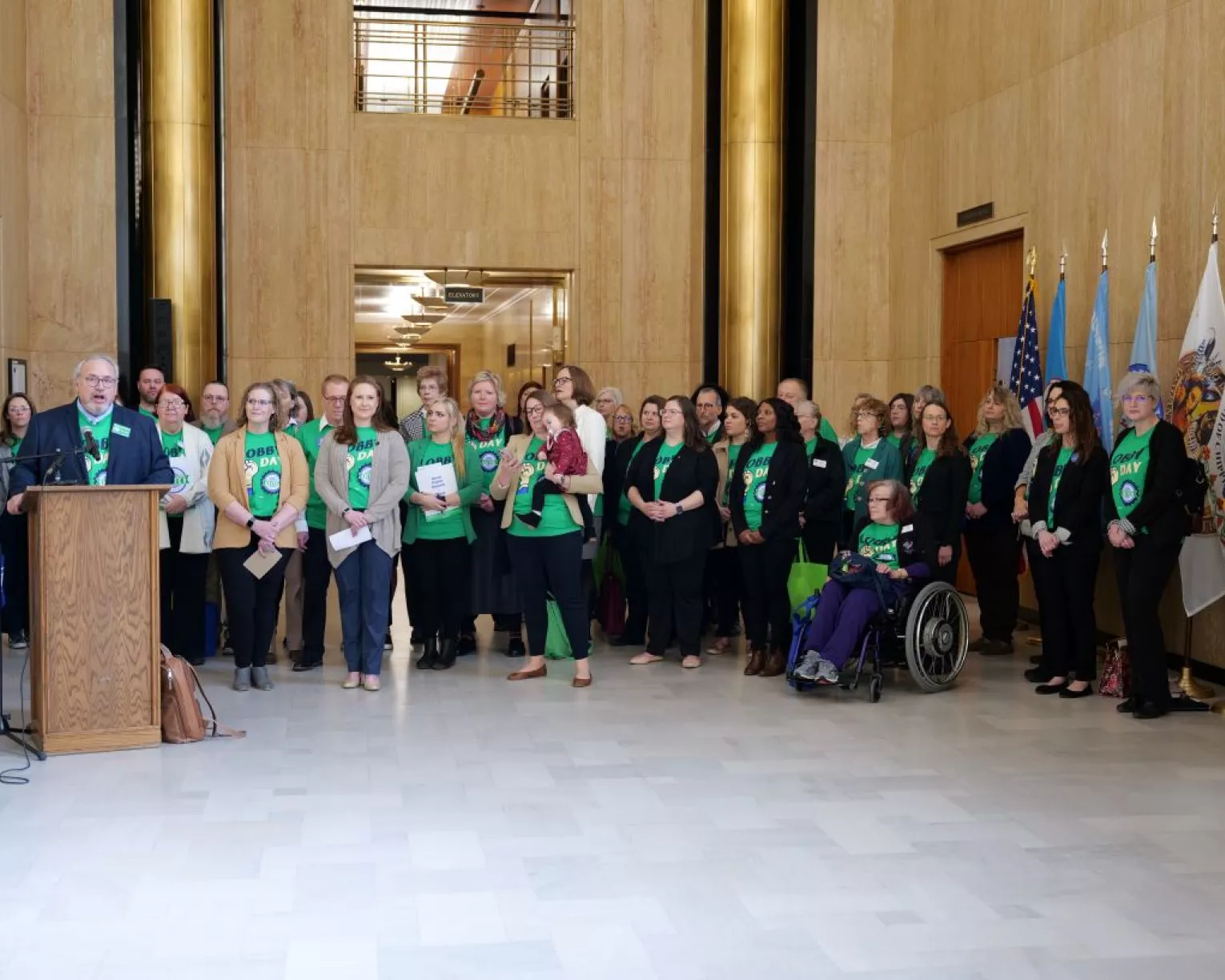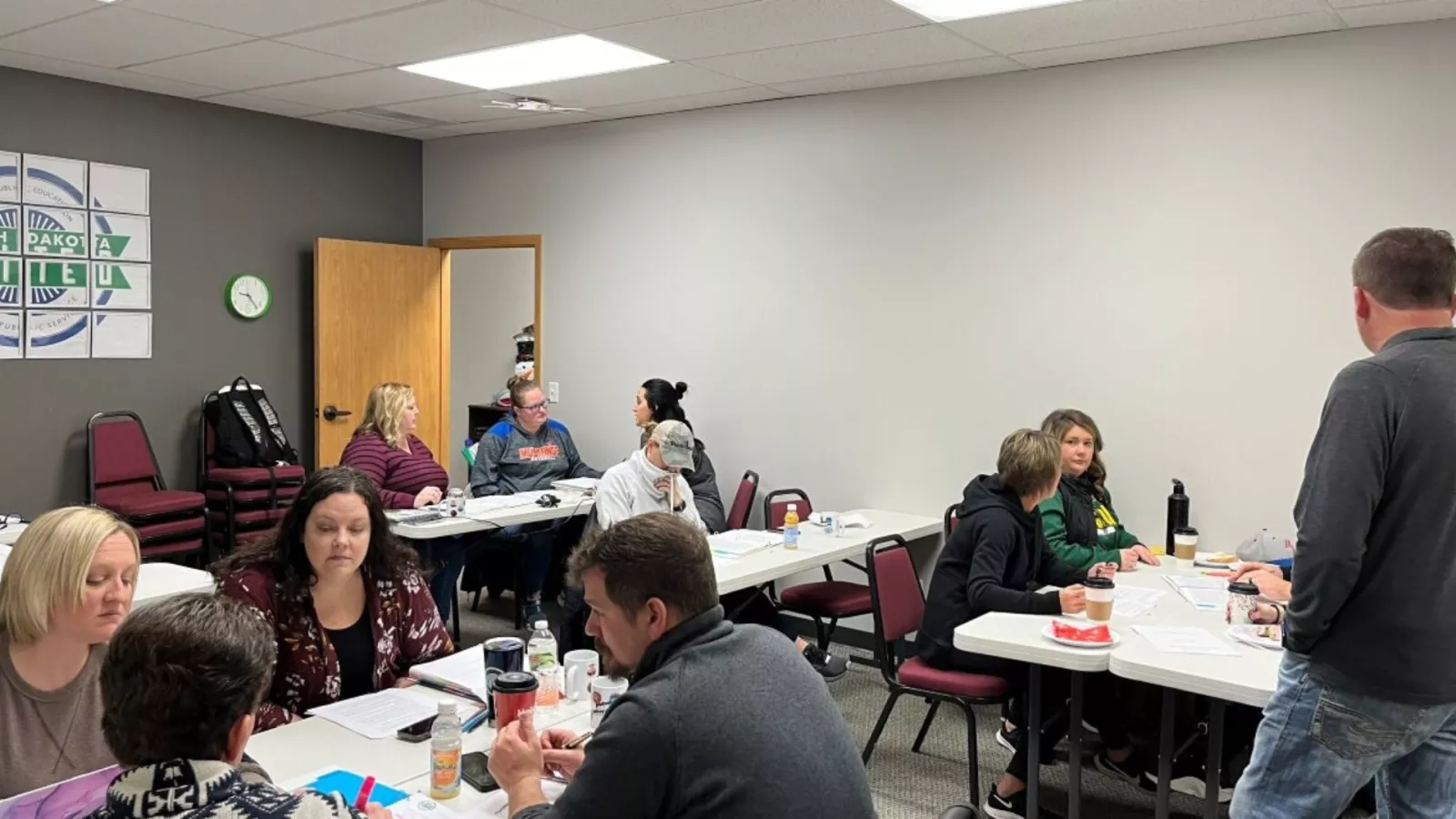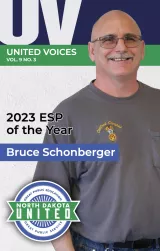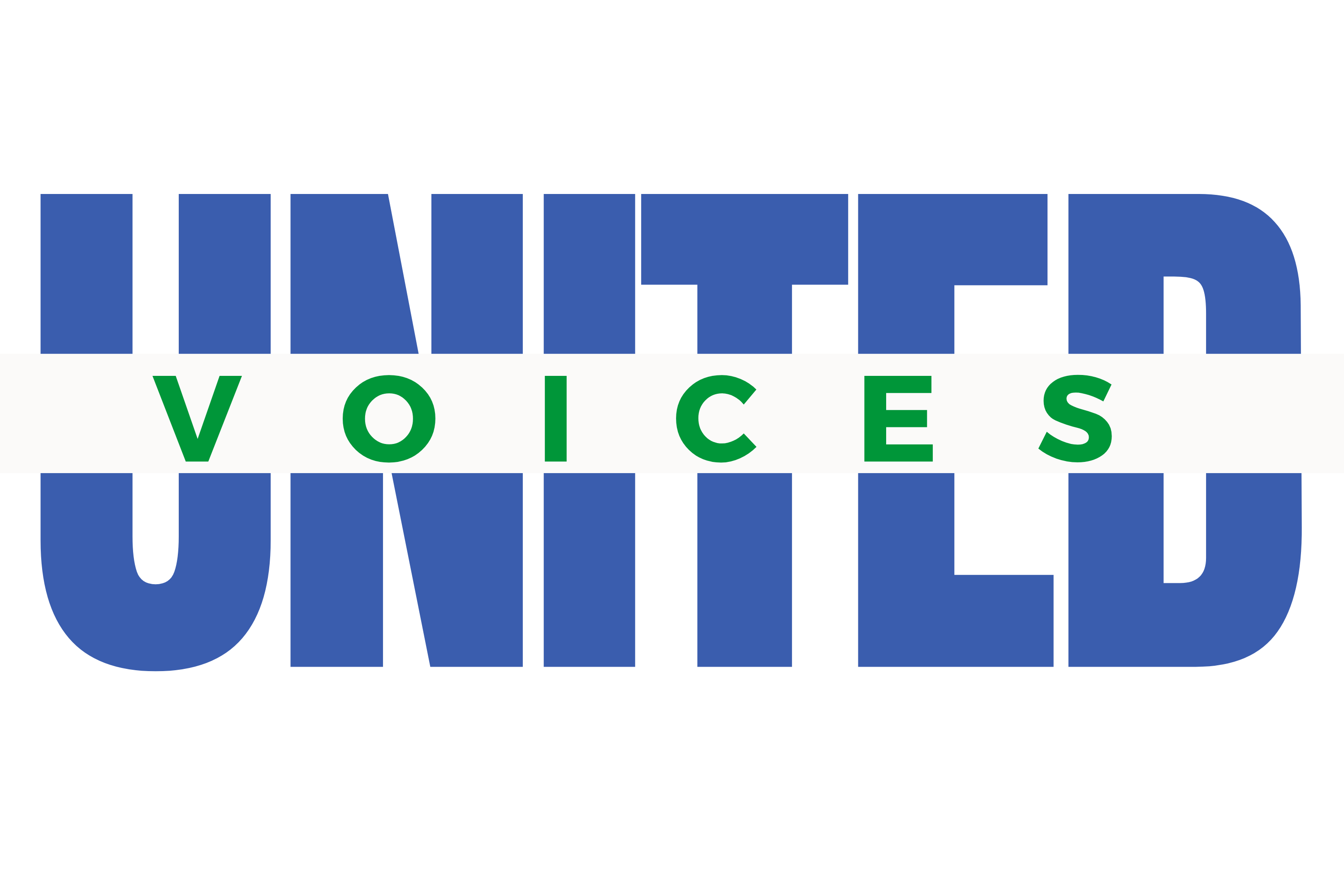Negotiation Time Again
The process of collective bargaining can be difficult to comprehend and navigate for most employees, especially in a state like ours where most workers are employed “at will” and don’t have access to collective bargaining.
For Grand Forks Education Association negotiator Joe Drumm, he brought knowledge on the collective bargaining process with him as he entered the teaching profession, more than seven years ago.
“I came in with a bit of a different perspective than others might,” Drumm said. Growing up in Wisconsin, his mom worked as a para and his dad was the president of his local chapter of the American Federation of State, County and Municipal Employees (AFSCME). He credits both of his parents with instilling in him the skills to speak publicly and passion to speak out. He started his career in education in Williston, and he was immediately active in helping with their negotiations team, however he could. He moved to Grand Forks in 2018, where he works as a science teacher at Central High School. He said the timing of the move informed his decision to get involved in negotiation for GFEA.
“We joined Grand Forks in 2018, the year after a massive turnover of administration and a bad round of negotiations that ended in impasse,” Drumm said. “I did some digging and was able to figure out the rest, then I started asking if help was needed on the team. I didn’t have much formal experience at first, but I knew this was something I wanted to help with.”
Quote byJoe Drumm, GFEA Educator & Negotiator

This year’s negotiations will be Drumm’s second round as a team member. He said he serves primarily as a data analyst and fact finder for their negotiations team, but he will be at the table this year. “I wanted to stay quiet last round and learn more about the process of negotiating in GFPS, as each district goes about the process a little differently,” he said. “With one round under my belt, I’m encouraged to be someone to speak at these meetings in a more meaningful way, compared to the past.”
As someone still relatively new to the collective bargaining process, but also experienced in the process of stepping up and expressing interest in being involved as a negotiator, Drumm shared with us a few tips for ND United members interested in learning more.
Learn From Peers
“Our lead negotiator is Dawn Mord, who has taught me everything I currently know about negotiations. She’s been an amazing mentor to me on how to stay level and push the points and data.”
Power in Numbers
“The earliest thing I learned about negotiating is actually not from GFEA or NDU, it was from my dad when he went about the process. The idea I remember him shouting over the megaphone outside of a city board meeting was about unity: We move as one. Wherever we go and whatever we do, as a union we move together. We cannot hope to make any notable difference in our locals if we act separately from each other.
“I firmly believe this. In order for things to get better or be better, we go as one. This starts with networking and information sharing, training and preparation.”
Quote byJoe Drumm, GFEA Educator & Negotiator
Participate in Collective Bargaining Councils
“I’ve been blessed to be a part of a team that takes this seriously, which we were able to share at the CBC we attended this year. It was productive and a good time to catch our breath and hear what other districts were discussing, and it allowed all present to generate good ideas and strategies going into this round of negotiation talks. But I really believe the strength and benefit of these meetings aren’t even in what we talk about, it’s that we meet together, learn what is happening in the state, and offer different perspectives and voices to common issues.
“It’s an opportunity to hear struggles and challenges, offer help and generate ideas that all can use to make their respective districts the best they can be. This is the foundation of a successful union and bargaining team: we move as one. We aren’t effective if we tackle these things without each other, CBCs offer a way to collaborate and network, to pool ideas and hear solutions.”
Speak Up and Get Involved
“Even if you don’t have the ability to bargain, making your voice heard to your representation is key and critical. Bargaining is a conversation with numbers and data, but it’s still a conversation. You can have conversations with senators and legislators in a way that will let them know what your needs are. If we stay quiet, everyone expects that we’re okay. Silence is mistaken for complacency or contentment. Speak out, let your voice be heard, however you can.”




